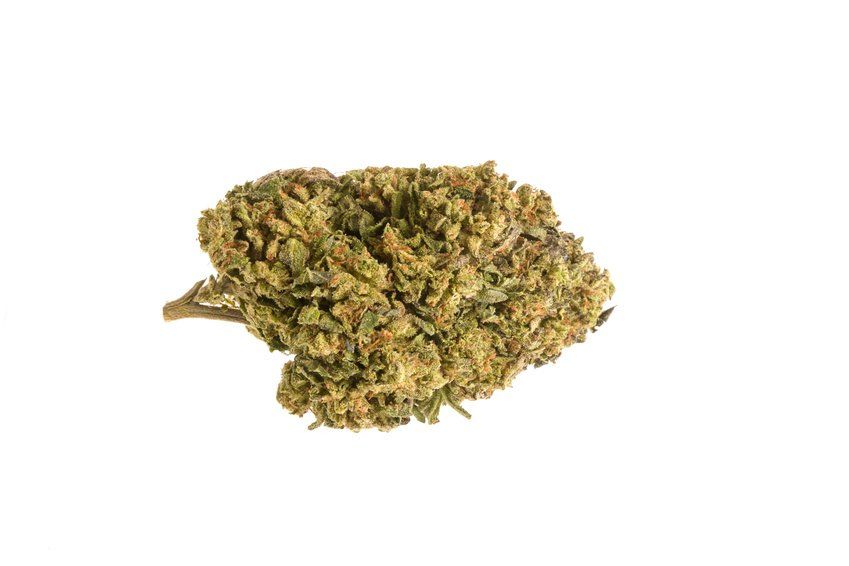Marijuana has many uses beyond that of recreation, medical being one of the biggest. There are dozens of conditions that give one access to medical marijuana, and several states have implemented a system that allows one to obtain the drug for those conditions.
Two drugs that feature medical marijuana, which are approved by the FDA, are dronabinol and nabilone, both used to treat nausea and boost appetite.
California is one of the states that implemented first and made a system that gave easy access to medicinal marijuana for patients in need.
In order to get medical marijuana from a marijuana dispensary, you need to first have proof of a medical condition that is on their state’s list of qualifying medical marijuana conditions. With the recommendation of a local physician, a qualified patient can obtain a medical marijuana card in order to visit marijuana dispensaries.
There you can purchase medical marijuana products specifically designed and meant for patients. These products differ from recreational marijuana, which is legal in several states, and also found at many marijuana dispensary locations in those states.
The conditions that qualify for medicinal marijuana in California specifically are:
- Alzheimer’s disease
- Amyotrophic lateral sclerosis
- Anorexia
- Arthritis
- Cachexia (Wasting Syndrome)
- Cancer
- Crohn’s disease
- Epilepsy
- Glaucoma
- Hepatitis C
- HIV/AIDS
- Lyme disease
- Migraine
- Multiple Sclerosis (MS)
- Muscle Spasms
- Severe and chronic pain
- Severe nausea
- Seizures
- Spasticity
Any other conditions that could potentially qualify are, according to the Marijuana Medical Program (MMP) in California, “any other chronic or persistent medical condition that limits the ability of the patient to conduct one or more major life activities as defined in the Americans with Disabilities Act of 1990, or if not alleviated, may cause serious harm to the patient’s safety, physical, or mental health.”
If you live in the state of California, you may find out how to apply for a medical marijuana identification card in your county of residence through the California Department of Public Health Medical Marijuana Program website.
Other states may have different qualifications to obtain medical marijuana, and if you live in a different state, it is recommended that you find out the state requirements. If you possess one of these conditions, it is imperative that you obtain the assistance that you need, and contact a physician today.
If you have questions about getting a medical marijuana card, or your states medical marijuana program, reach out to the state department to get answers.




